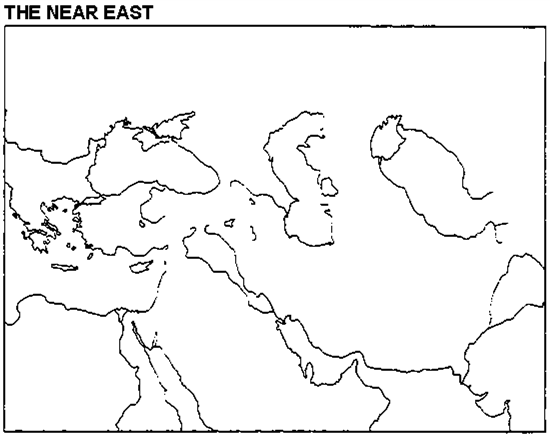Exam 1: The Ancient Near East: The First Civilizations
Exam 1: The Ancient Near East: The First Civilizations85 Questions
Exam 2: The Hebrews: a New View of God and the Individual90 Questions
Exam 3: The Greek City-State: Democratic Politics78 Questions
Exam 4: Greek Thought: From Myth to Reason77 Questions
Exam 5: The Hellenistic Age: Cultural Diffusion76 Questions
Exam 6: The Roman Republic: City-State to World Empire75 Questions
Exam 7: The Roman Empire: a World-State90 Questions
Exam 8: Early Christianity: a World Religion79 Questions
Exam 9: The Heirs of Rome: Byzantium, Islam, and Latin Christendom95 Questions
Exam 10: The High Middle Ages: Vitality and Renewal83 Questions
Exam 11: The Flowering of Medieval Culture: the Christian Synthesis78 Questions
Exam 12: The Late Middle Ages: Crisis and Dissolution76 Questions
Exam 13: The Renaissance: Transition to the Modern Age88 Questions
Exam 14: The Reformation: the Shattering of Christian Unity84 Questions
Exam 15: European Expansion: Economic and Social Transformations88 Questions
Exam 16: The Rise of Sovereignty: Transition to the Modern State84 Questions
Exam 17: The Scientific Revolution: the Universe Seen As a Mechanism81 Questions
Exam 18: The Age of Enlightenment: Reason and Reform89 Questions
Select questions type
Instructions: Please write a thorough, well-organized essay to answer each question. What role did geographical and environmental features play in the development of the earlier civilizations? Where were these civilizations located and why?
(Essay)
4.9/5  (39)
(39)
Which of the following is true of Egyptian intellectual life?
(Multiple Choice)
4.9/5  (38)
(38)
Instructions: Please write a thorough, well-organized essay to answer each question. Explain Mesopotamian government, law, and science. Is there a common theme among the three?
(Essay)
4.9/5  (38)
(38)
Instructions: Please use this outline map of the Near East to answer the question(s).
 Locate and label the Tigris and Euphrates Rivers. Locate and label the body of water into which the rivers flow.
Locate and label the Tigris and Euphrates Rivers. Locate and label the body of water into which the rivers flow.
(Not Answered)
This question doesn't have any answer yet
Which of the following was NOT part of or pertained to Mesopotamian religion?
(Multiple Choice)
4.9/5  (29)
(29)
Showing 81 - 85 of 85
Filters
- Essay(0)
- Multiple Choice(0)
- Short Answer(0)
- True False(0)
- Matching(0)